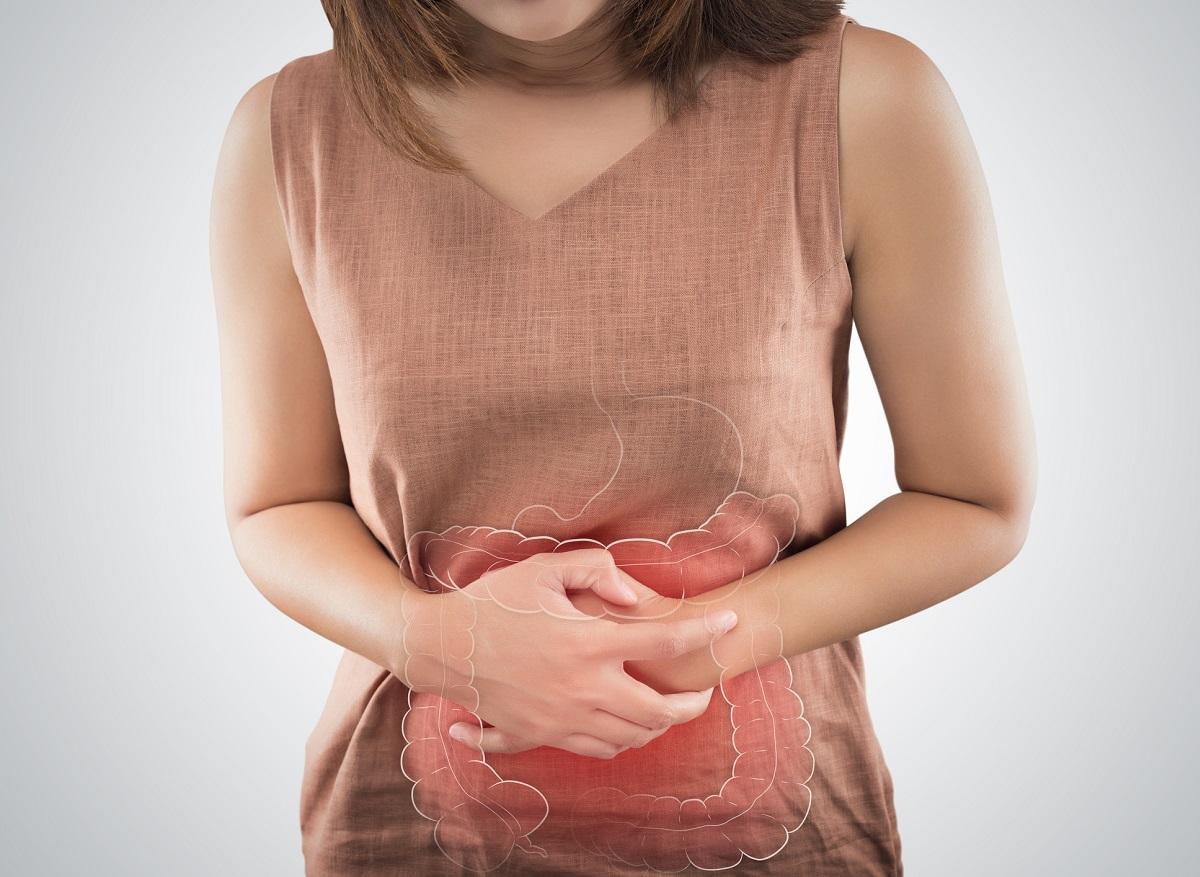American researchers show, in a study, that a certain type of seaweed has beneficial effects on gastrointestinal problems associated with irritable bowel syndrome such as diarrhea, gas and bloating.

green algae Chlamydomonas reinhardtii is the most studied in the world. For decades, it has served as a model for developing biofuels or studying the evolution of plants. While other seaweeds are used in food supplements to provide vitamins, proteins or even fibres, the benefits of consuming Chlamydomonas reinhardtii about health had not yet been explored. It is now done.
“That’s good for you”
Researchers from the University of California at San Diego (United States) show, in a new study, that this seaweed can improve symptoms linked to irritable bowel syndrome such as diarrhea, gas or even bloating. The results of their work are published in the Journal of Functional Foods. “People have been looking at this algae for decades, but this is the first study to show what many suspected: it’s good for you”says Stephen Mayfield, lead author of the study.
Symptoms decrease or even disappear
In previous analyzes conducted on mice, it was found that the consumption of vs. reinhardtii reduced weight loss in those with acute colitis, a consequence of inflammation of the digestive tract. Based on these results, researchers at Mayfield’s lab performed a similar test on human volunteers. A portion of them had no symptoms associated with irritable bowel syndrome. For a month, these participants ingested daily spoonfuls of biomass from vs. reinhardtii powder, while signaling their gastrointestinal health status. Thus, volunteers who had symptoms related to irritable bowel syndrome reported less diarrhea, less intestinal discomfort. Gas and bloating have reduced considerably. The stools were more regular.
The microbiota is not altered
The beneficial effects of this seaweed were therefore very quickly observed. Additionally, through stool samples, the researchers found that the participants’ gut microbiome remained diverse. What is associated with good health. The composition of gut bacteria itself hasn’t really changed, which is encouraging. The study researchers now want to conduct tests with more volunteers and over longer periods of time. What’s more, they don’t know at this time how this algae improves gastrointestinal health.

.

















